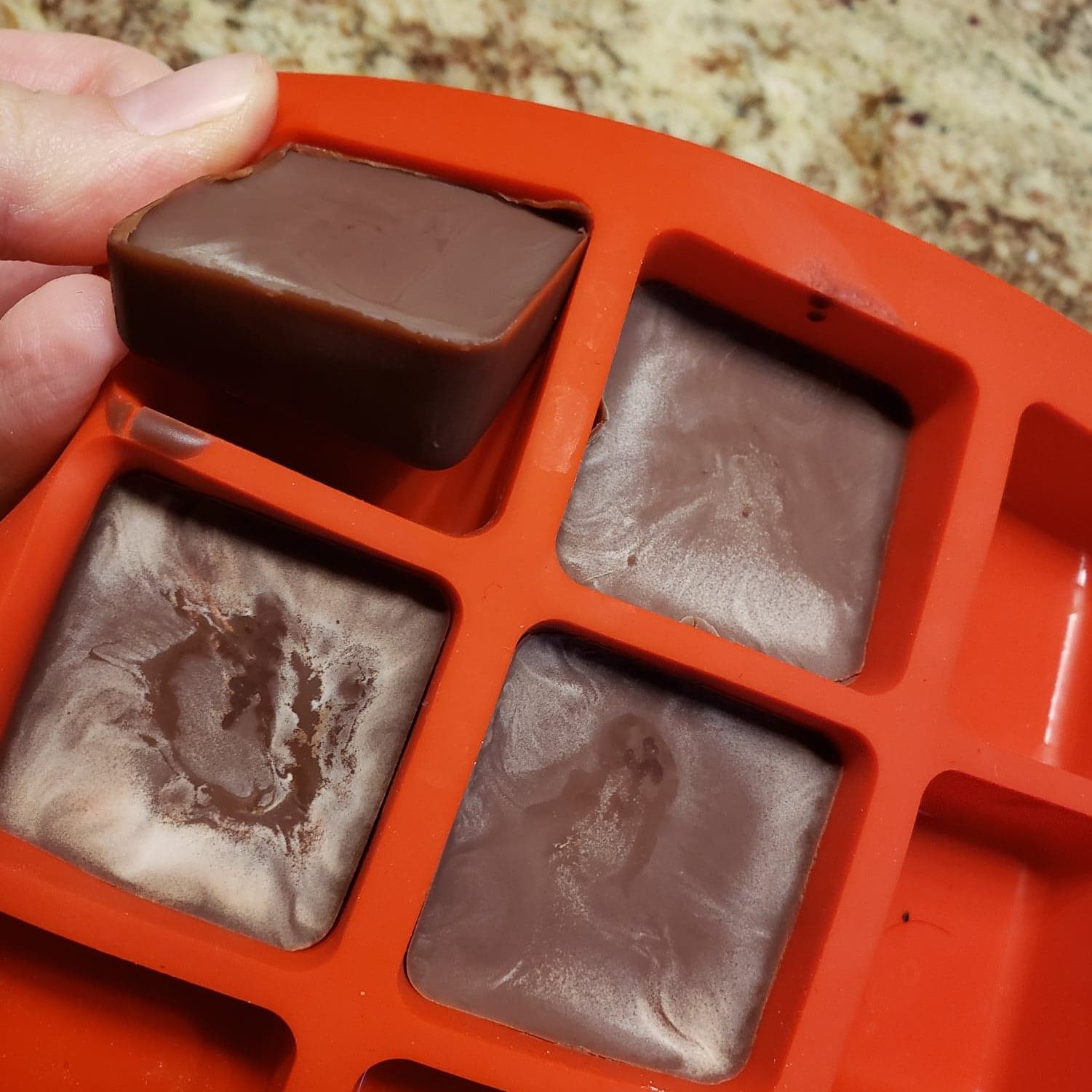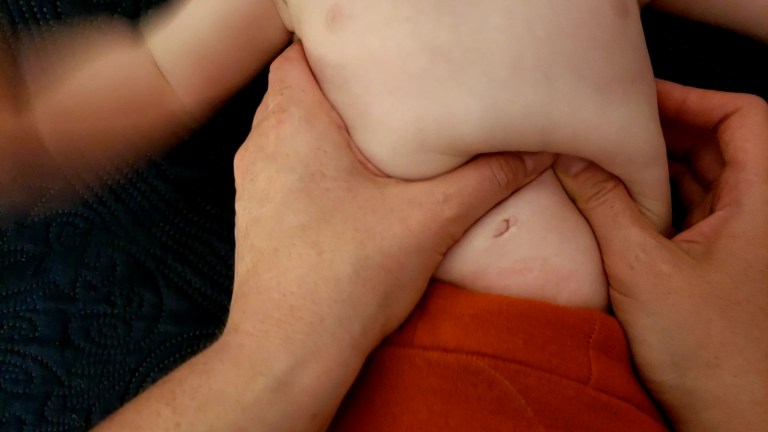Your child is doing great. They are increasing the amount of stool they get into the toilet and having less fecal leaks. Momentum is building as they continue to improve. And then it all comes crashing down, and they regress. Why?
Coughing.
Well, let me clarify. Coughing is ONE answer (to cover them all in one post would lead to an extraordinarily long read). If coughing is intense or takes place long/frequently enough, pelvic floors (especially ones that have a history of dysfunction) can become more dysfunctional.
I'm going to challenge a commonly accepted theme in the pelvic health world. Commonly, coughing leads to leakage. The pressure in the abdomen during a cough is so large, that whatever is in the bowel or bladder leaks out because the pelvic floor isn't strong enough to overcome that pressure. However, most of the kiddos that I have worked with in the past actually show pelvic floor contraction during a cough. And a contraction added to an already high tone pelvic floor just leads to more… contraction.
"Cough, cough, cough," equals contract-contract-contract of the pelvic floor.
So if your child is coughing, and has a history of constipation, their pelvic floor tone is likely greater than it normally is when they aren't sick. Which could lead to decreased bowel movements, or decreased ability to evacuate stool on the toilet.
Here is a great article that reviews what typically happens in the adult population with a high tone pelvic floor. It talks about what happens to the anatomy, symptoms, and treatment. However, it doesn't mention coughing or how it relates to the pelvic floor tone. There is lots of research that cites incontinence with coughing, but typically those studies are done with adults who have pelvic floor dysfunction that mostly revolves around weakness, meaning greater pressure in the abdomen with a cough, combined with a weak pelvic floor, leads to leakage. I wasn't able to find any research that covered what happens to kiddos with chronically high tone pelvic floor tone when they cough. But based on what I've seen clinically, I feel strongly enough about this to say that my hypothesis is that a kiddo with a high tone pelvic floor, and a history of constipation, VERY likely has a pelvic floor contraction with a cough.
So, what does this mean?
Your child may have been successful the weeks prior, doing well, and improving the amount they are able to evacuate on the toilet. But all of a sudden, this extra pelvic floor tone with the extra coughing is too much, and they aren't quite ready for that much of a challenge. So their old techniques that were successful in helping them have more regular bowel movements, just quite aren't cutting it.
So, if your child is coughing quite a bit, here are some tools to help you get back to positive progress.
- Go back to what you know. If your child has made progress previously, they can do it again. Go back to the roots of what you know. Time to relax, breathing, extra toilet time during bowel movement attempts. Don't get frustrated at the regression. Eventually, as they work towards a healthier pelvic floor and body, with more consistency of good bowel habits, being sick in the future won't set them back. But for now, acknowledge the challenge, and take it on with calm confidence.
- Be a bit more encouraging of toilet attempts. Coughing can depress their ability to sense an urge for a bowel movement, OR it may actually confuse the brain. Remember: when we purposefully contract our pelvic floor, we send a message to our brain that says, "now is NOT a good time to poop." So, if someone is constantly coughing, they are constantly sending that message. (Think about it you are in the grocery store, and you have an urge to poop, but have just 10 more minutes left to shop. You can complete a small pelvic floor contraction and suppress the urge for a short time. Same concept of a non-purposeful contraction of the pelvic floor. So, give their bodies more opportunity to go. Sitting on the toilet will send a message to their brain that says, "now IS a good time to go," and hopefully this can overcome the previous messages that were confusing.
- Breathing. Have them belly (diaphragmatically) breath. On the toilet, in the morning. Work against the coughing and elevated tone. Help them to calm and relax their bodies and pelvic floors.
Does your child cough frequently? Do they struggle with allergies, or frequent illness? Try to see if there is a correlation between these coughing bouts, and their ability to have more regular bowel movements. When they are coughing more, what can you do to help them be a bit more effortful for their bowel health? Can you help them to relax a bit more before they try to go? Can you walk them through some deep breathing and relaxation techniques before they try to have a bowel movement?
Related Posts










